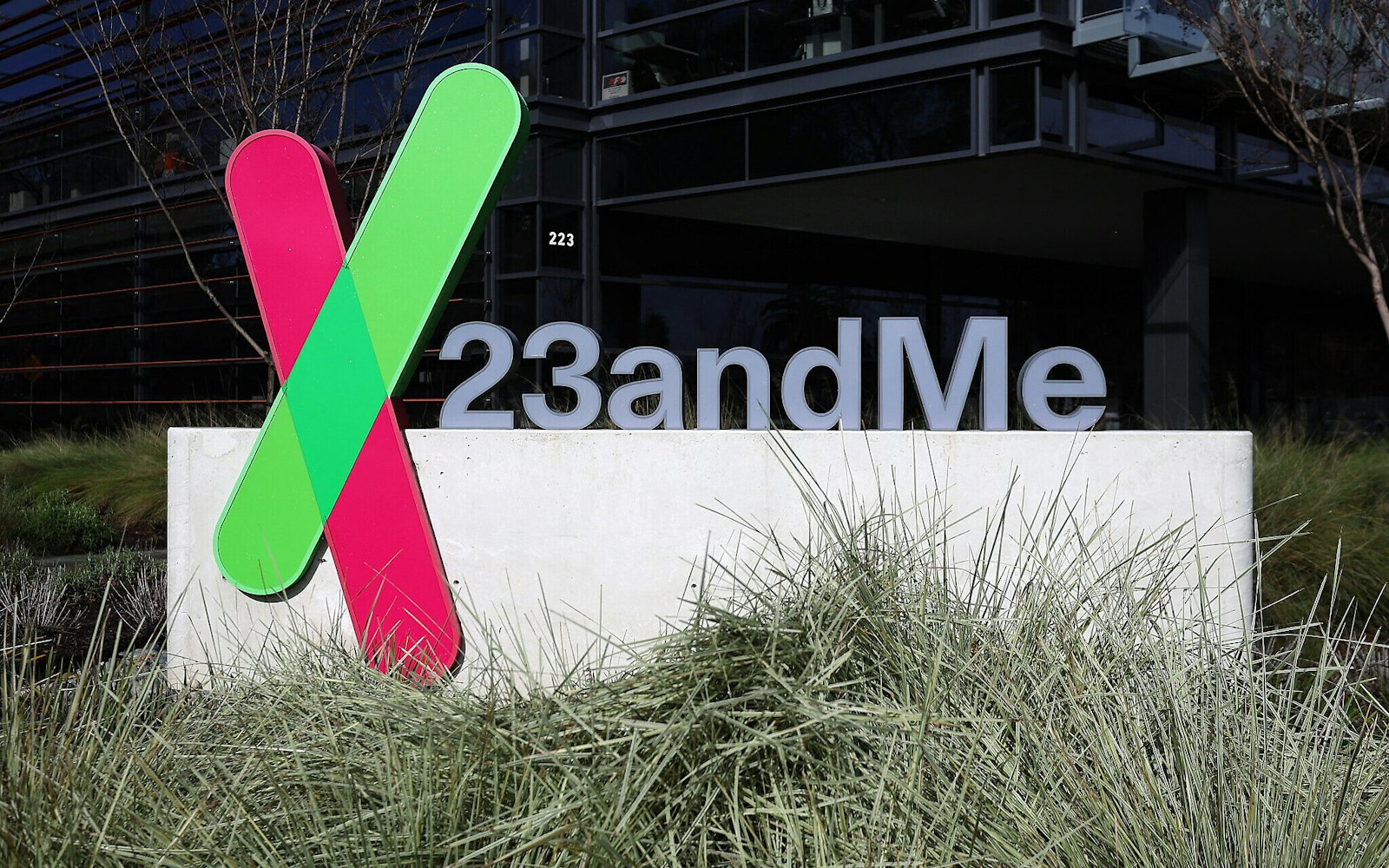

In a surprising turn of events, the board of 23andMe has resigned en masse, raising questions about the company’s future direction and its underlying business model. At the center of this shake-up is CEO Anne Wojcicki, who appears to be navigating a delicate transition—attempting to take 23andMe private. But why now? What’s driving this aggressive push to go public at a time when the company is facing challenges from within?
Taking 23andMe private could free management from quarterly earnings targets for expansion, new product lines, or to shore up losses the company might incur. Look at what happened as ELon took Twitter private. But beneath these financial motivations lies a more compelling—and controversial—business model: the monetization of genomic data.
At its core, 23andMe isn’t just in the business of selling DNA testing kits to curious consumers who want to learn more about their ancestry. The real value driver behind the scenes is its ability to aggregate and sell anonymized genomic data to pharmaceutical companies. This data is a goldmine for drug discovery, enabling pharma companies to develop more targeted therapies. And yet, many of 23andMe’s consumers may not fully realize that by submitting their DNA, they are contributing to a vast commercial enterprise that benefits pharmaceutical companies more than it does them.
The implications are significant. Consumers are effectively paying for the privilege of giving their data away. This model may enrich 23andMe and its corporate partners, but it disenfranchises the very customers who have made the business possible. With the exodus of the board and concerns about corporate governance now in the spotlight, it’s worth asking: is there a better way?
Imagine a model where patients—or customers—owned their genomic data and had control over how it was used. Blockchain-based solutions could provide the infrastructure needed to secure and authenticate this data, allowing individuals to choose when and how it’s shared, and with whom. If 23andMe embraced this paradigm shift, it could align the company’s business incentives with the long-term interests of its customers, creating a more sustainable business model.
By enabling customers to retain ownership and even earn royalties on their data, 23andMe could move beyond the current model, where customers pay upfront but see no downstream benefits. In this new framework, both patients and the company could accrue value over time. Pharma companies could still access the data they need for drug development, but the economic benefits would flow back to the data owners—creating a fairer, more balanced ecosystem. This could foster stronger customer loyalty, greater transparency, and a healthier relationship between data generators (the customers) and data consumers (the pharma companies).
Ultimately, the question is not just about why Anne Wojcicki is pushing 23andMe to go private. The more important question is whether the current business model is sustainable in a world that is increasingly focused on data privacy and ownership. By pivoting toward a model where patients own and control their genomic data, 23andMe could become a leader not just in genomics, but in ethical, customer-first business practices in the biotech space.
The mass resignation of the board could be a moment of reckoning—or a moment of opportunity.